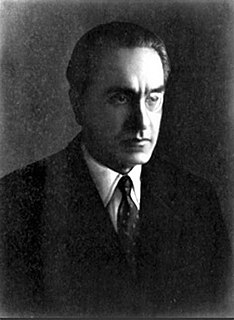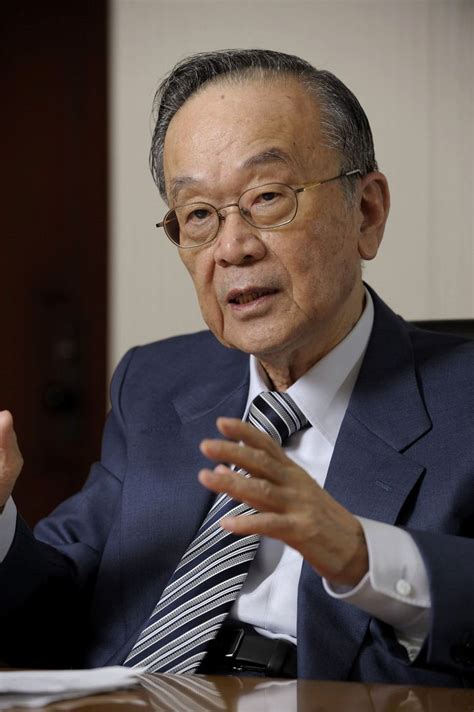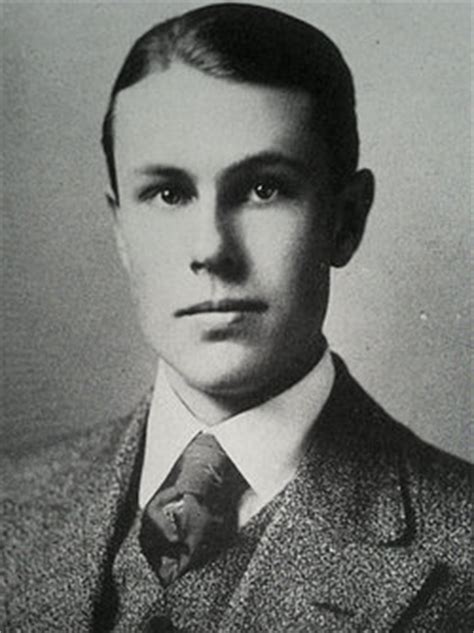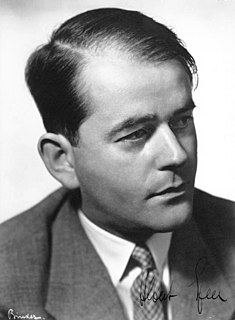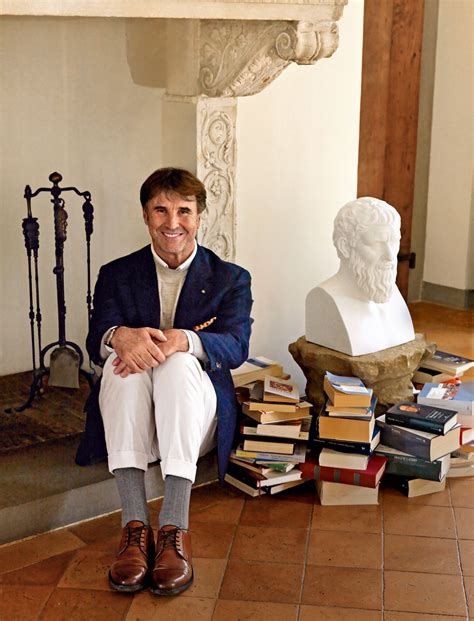A Quote by Julius Evola
Prior to the advent of the civilization of the Third Estate (mercantilism, capitalism), the social ethics that was religiously sanctioned in the West consisted in realizing one’s being and in achieving one’s own perfection within the fixed parameters that one’s individual nature and the group to which one belonged clearly defined. Economic activity, work, and profit were justified only in the measure in which they were necessary for sustenance and to ensure the dignity of an existence conformed to one’s own estate, without the lower instinct of self-interest or profit coming first.
Quote Topics
Achieving
Activity
Advent
Being
Belonged
Capitalism
Civilization
Clearly
Coming
Defined
Dignity
Dual Nature
Economic
Economic Activity
Ensure
Estate
Ethics
Existence
First
Fixed
Group
Individual
Instinct
Interest
Justified
Lower
Measure
Nature
Necessary
Only
Own
Parameters
Perfection
Prior
Profit
Realizing
Self
Self-Interest
Social
Sustenance
Third
Were
West
Which
Within
Without
Work
Related Quotes
Wherever the Industrial system has reached its second generation it is threatened by two mortal perils. The first is the demand by an organized proletariat for sustenance without relation to the product of its labor; a demand which threatens the very existence of PROFIT (on the necessary presumption of which Capitalism reposes). The second, and immediately graver danger is that of a revolt for the confiscation of the means of production.
We need to reverse three centuries of walling the for-profit and non-profit sectors off from one another. When you think for-profit and non-profit, you most often think of entities with either zero social return or zero return on capital and zero social return. Clearly, there's some opportunity in the spectrum between those extremes. What's missing is the for-profit finance industry coming in to that area. Look at the enormous diversity of the for-profit financial industry as opposed to monolithic nature of the non-profit world; it's quite astonishing.
There is no worse material poverty than one that does not allow for earning one’s bread and deprives one of the dignity of work. Youth unemployment, informality, and the lack of labor rights are not inevitable; they are the result of a previous social option, of an economic system that puts profit above man; if the profit is economic, to put it above humanity or above man, is the effect of a disposable culture that considers the human being in himself as a consumer good, which can be used and then discarded.
Capitalism as a social order and as a creed is the expression of the belief in economic progress as leading toward the freedom and equality of the individual in a free and open society. Marxism expects this society to result from the abolition of private profit. Capitalism expects the free and equal society to result from the enthronement of private profit as supreme ruler of social behavior.
Today the strategies of many companies in the real estate industry are premised on low interest rates, an assumption that has resulted in the rapid expansion of the real estate securitization business. This trend could be regarded as a risk factor, as it exposes the real estate sector to at least three potential problems: first, interest rate hikes; second, revisions to securitization business accounting standards; and third, overheating in the real estate market.
What is the purpose for which Masonry exists? Its ultimate purpose is the perfection of humanity. Mankind it self is still in a period of youth. We are only now beginning to acquire a consciousness of the social aim of civilization, which is man's perfection. Such perfection can never end with physical perfection, which is only the means to the end or spiritual perfection.
For the corporation executives, the military metaphysic often coincides with their interest in a stable and planned flow of profit; it enables them to have their risk underwritten by public money; it enables them reasonably to expect that they can exploit for private profit now and later, the risky research developments paid for by public money. It is, in brief, a mask of the subsidized capitalism from which they extract profit and upon which their power is based.
For the rich men without scruple drew the estate into their own hands, excluding the rightful heirs from their succession; and all the wealth being centred upon the few, the generality were poor and miserable. Honourable pursuits, for which there was no longer leisure, were neglected; the state was filled with sordid business, and with hatred and envy of the rich.
Hitler's dictatorship was the first of an industrial estate in this age of modern technology, a dictatorship which employed to perfection the instruments of technology to dominate its own people. By means of such instruments of technology, eighty million persons could be made subject to the will of one individual. Telephone, teletype, radio, made it possible to transmit the commands of the highest levels directly to the lowest organs where they were executed uncritically
We have to accept that capitalism is coming to an end. We can't provide paid employment for people, all the industries with technology are counter-intuitive to profit, and we have to have a transition to the conceptualist society. The only way to do it fairly is as a social democracy, a radical social democracy, which isn't compromised by neo-liberalism and isn't compromised by the rich, and isn't compromised by hegemonic, authoritarian interests: to have that balance between the government, the private sector, and then the individual citizens again.
Private property is a natural fruit of labor, a product of intense activity of man, acquired through his energetic determination to ensure and develop with his own strength his own existence and that of his family, and to create for himself and his own an existence of just freedom, not only economic, but also political, cultural and religious.
